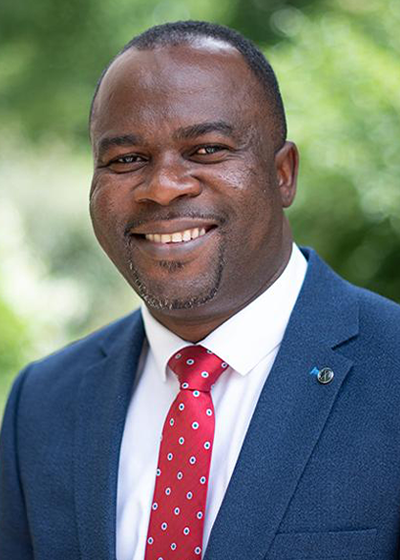A message from Eugene Morgan
Welcome! Now is a very exciting time to be a student in the Department of Energy and Mineral Engineering. Our programs give students valuable knowledge and skillsets for playing important roles in today’s evolving energy landscape. As energy demand continues to increase globally, society faces the competing objectives of 1) keeping energy affordable, 2) improving access to energy around the world, and 3) meeting energy demand, at least in part, with renewable and sustainable sources. While these challenges seem daunting, they also bring tremendous opportunity, and our faculty strive to educate and inspire our graduates to take full advantage of such opportunities and rise to the challenges of today.
The Energy and Mineral Engineering Department offers a multidisciplinary collection of majors, all bearing strong relevance to the energy and mineral industries. Our resident majors are Energy Business and Finance (EBF), Energy Engineering (ENENG), Environmental Systems Engineering (ENVSE), Petroleum and Natural Gas Engineering (PNGE), and Mining Engineering (MNGE). All four engineering majors maintain ABET accreditation. Online, through Penn State’s World Campus, we offer both a B.S. and B.A. in Energy and Sustainability Policy (ESP). Furthermore, each of our resident majors offers an associated minor, bearing the same name as the major.
Under our roof, students can acquire a well-rounded education and gain experiences that will equip them for success.
Eugene Morgan
Associate Teaching Professor
Associate Head of Undergraduate Education
John and Willie Leone Department of Energy and Mineral Engineering
Program Chairs

| Undergraduate Program Chair, | |
 | Undergraduate Program Chair, | |
 | Vice-Chair of Energy Engineering,
| |
 | Director of Online Education, | |
 | Undergraduate Program Chair, | |
 | Undergraduate Program Chair, | |
 | Undergraduate Program Chair, | |
About Eugene Morgan
Eugene Morgan's primary research focuses on developing Bayesian inversion strategies for extracting information from seismic survey data. In particular, Morgan investigates the use of seismic attenuation in these inversion strategies because intrinsic attenuation is theoretically linked more strongly to the hydraulic properties of a formation (i.e., porosity, permeability, saturation) than velocity. The non-linearity and multimodality of the rock physics equations that model attenuation warrant stochastic inversion techniques, and a Bayesian framework allows a convenient expression of prior geologic knowledge, as well as the predictions, in a probabilistic way. These methods can achieve a better characterization of reservoirs in the exploration phase.
Morgan is also interested in solving problems in the oil and gas industry using statistics, BIG data analytics, and machine learning. A large focus is on well-production data, where Morgan's group uses time series statistics, geostatistics, and pattern recognition techniques to improve forecasting and operational decision support.



